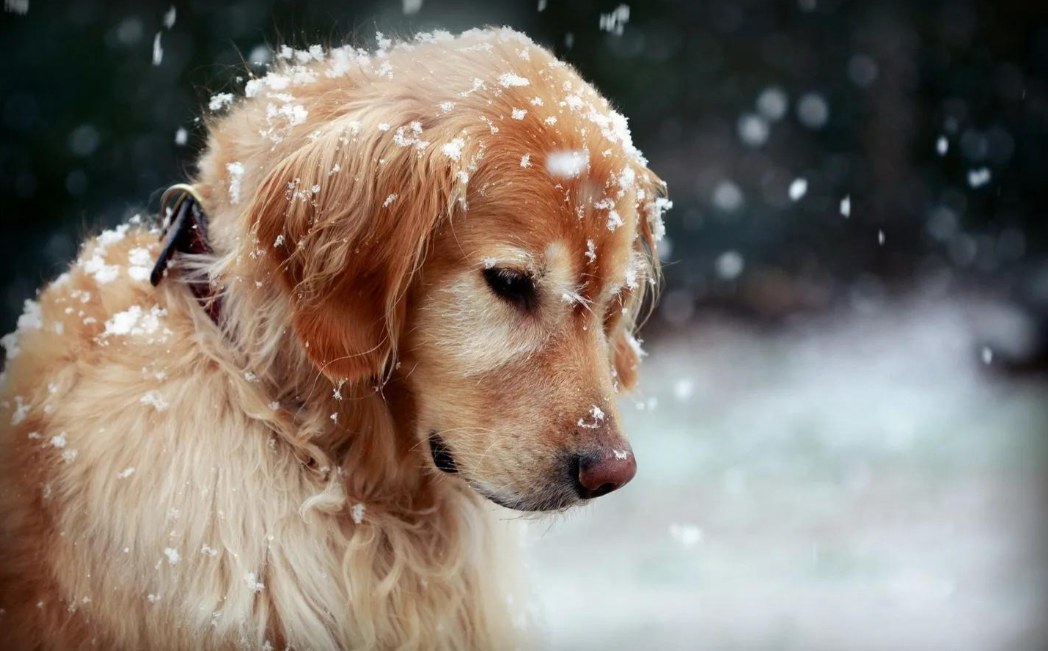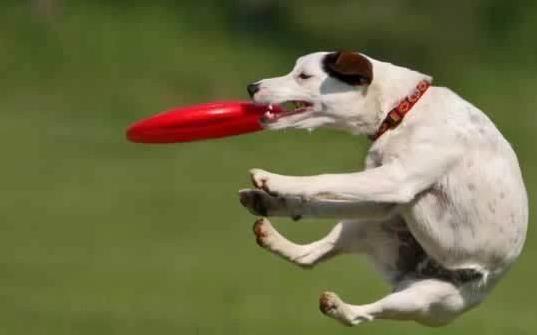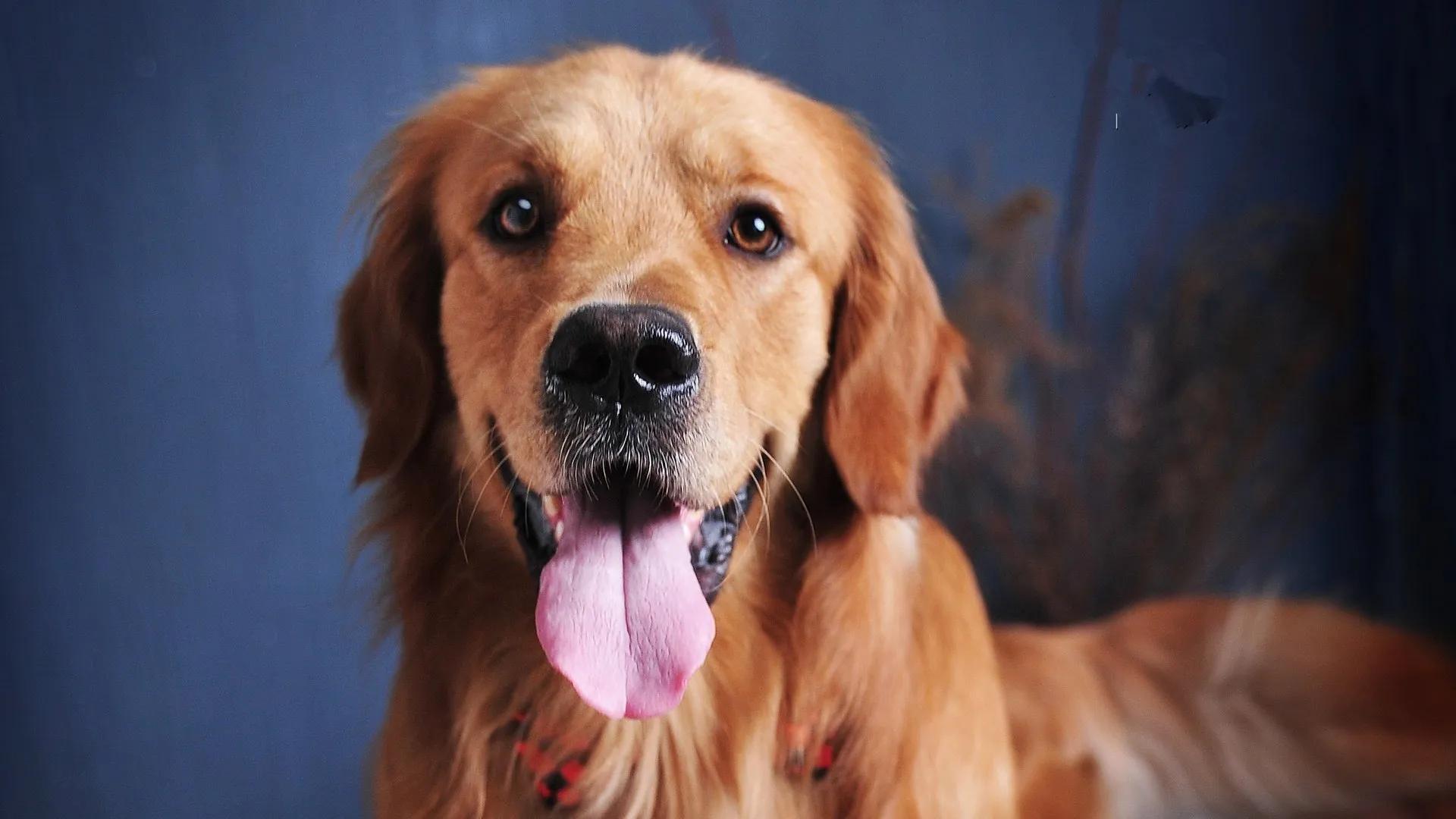5 Signs Your Golden Retriever Is Aging: A Care Guide for Pet Owners
Everything will get old, not just people, but also dogs. When golden retrievers enter old age, they need to pay a lot of attention to feeding. If you find that a golden retriever has these symptoms, it means that it is really not young anymore, and the owner should take good care of it.
Cloudy eyes: Dogs are animals that rely on vision, hearing and smell to live. As they get older, these sensory functions will begin to decline, especially the visual part, which degenerates the fastest. Almost every elderly dog will have glaucoma or cataracts, and in severe cases, they will even go blind.
Frequent constipation: Dogs will often suffer from constipation when they get older. At this time, you should avoid certain foods when feeding them to reduce the digestive burden of dogs. It is best to feed the dog with probiotics 2-3 times a week to help it regulate its stomach. When feeding, be sure not to feed it with difficult-to-digest food.
Slow movement: As golden retrievers age, their metabolism slows down, they become obese, and their movement slows down. For example, they respond to their owners more slowly. Sometimes they just wag their tails at their owners, but they won’t get up to interact with them. This is not because they don’t listen to you, but because they are powerless.
Loose teeth and decreased appetite: Old dogs’ teeth are severely worn, loose, and fall off. They can’t eat harder food. At the same time, their digestive function begins to weaken, and they are prone to loss of appetite and frequent constipation.
Long sleep time: Due to the decline of physical function, they will also experience sleepiness. Because the body begins to weaken, old dogs are prone to physical and mental fatigue, and they are gradually unable to cope with intense games. They also sleep longer and longer.
Coarse hair: When a golden retriever gets older, its hair will become coarse and dull, and its skin will not be as elastic as before. It will become a little loose, and its hair will gradually become dull. Some brown and black dogs can clearly see a few white hairs in their hair, just like humans grow white hair. The dog’s hair usually starts to turn white around the mouth and slowly spreads out.
How many years can a golden retriever live?
Golden retrievers are medium-to-large dog breeds, and their lifespan is shorter than that of small dogs such as Teddy. Generally speaking, the lifespan of a golden retriever is twelve to fifteen years. If it is well raised, the lifespan of a golden retriever will be longer, but if it is not raised properly and is often fed randomly, the lifespan will be reduced accordingly. Therefore, it is usually recommended to feed it with dog food, and it is not recommended to feed it with Internet celebrity food or bulk dog food.
What diseases are dogs prone to when they are old?
1. Heart disease can affect dogs of all ages, but it is one of the most common diseases in older dogs, with symptoms such as coughing, lack of exercise, fatigue, and severe cases of pulmonary edema or acute renal failure that can be life-threatening.
2. Although joint disease and pain can also occur in puppies, they are more common in older dogs. The combined effects of underlying orthopedic disease, bone aging/overuse, and obesity can lead to discomfort associated with osteoarthritis. When a dog starts to slow down, or is unwilling to jump, climb stairs, and refuse to exercise, the owner may think the dog is “old.”
3. As they age, the dog’s lens will also begin to age and become cloudy, and cataracts will appear. If exposed to ultraviolet light for a long time, it will also accelerate the aging of the eyes and accelerate the formation of cataracts in dogs. Common symptoms include cloudy or white matter in the eyeball, easy bumping into things when walking, often unclear vision, and red eyes in the late stage, secondary uveitis that causes pain to the dog, and even complete blindness.
4. Renal failure is also one of the main causes of death in elderly dogs. The dog’s kidneys have an amazing overload capacity. Even if the kidneys are diseased, they can maintain normal physiological functions. The diseased part of the kidney will not show up until it accounts for more than 2/3 of the entire kidney.








